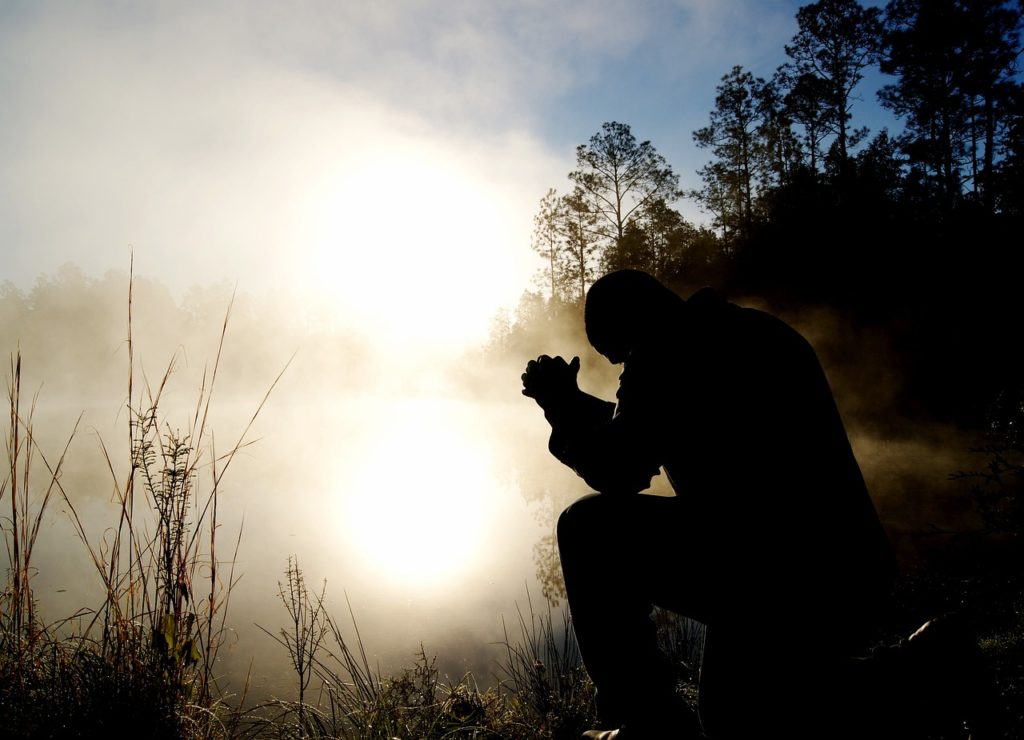
The Church’s engagement in missions is 2000 years old. However, serious theological reflection on the matter has yet to reach the century mark. Zeal for the matters of the Lord and His Kingdom is important. But zeal without knowledge not not a good thing and the one who makes haste with his or her feet misses the way (Prov 19:2).
We have gone into the world, made disciples, planted churches, and developed leaders, but frequently have done so on shallow theological foundations. A robust exegetical theology is not widespread throughout the world in general, and the West in particular. The result is a fog of confusion that surrounds the work of the Church in the last days.
The language of mission is unclear. Is missions passing out gospel tracts in China or overseeing food distribution in Nicaragua? Is missions church planting in Iraq or constructing a building for a church in Russia? Or, does missions include all of these examples and others as well? Identity is unclear. Is every Christian a missionary or only those who relocate their lives to a remote location overseas? Are doctors and teachers missionaries, even if they do not share the gospel, or are evangelists the only missionaries? The purpose and priority of missions is unclear. Do missionaries go to help serve people with great physical needs? If so, what is the difference between them and any NGO? Do missionaries go and share the gospel and do nothing related to social justice and physical needs? Is evangelism the priority or social needs? Or, is there no overarching mission priority at all, but rather multiple equivalent actions? Practices are unclear. What are missionaries to do on the field? Are they to be involved in church planting activities? Are they to be involved in relief and development? Are they to be involved in training leaders? Caring for the environment? Freeing those captives to human traffickers? Alleviating poverty?
How should funding and sending structures be established? Should the Church spend most of her money at home or abroad? Should people be sent to reached or unreached areas of the world? Or, are all locations equal? How should pastors be involved in sending church members to the nations?
People are making inquiries about the Church in the West. Is the West a mission field? If so, it is unlike anything that has been traditionally labeled a mission field. If the West is a mission field, then how should the Church which operates from a pastoral hegemony function in contexts that demand apostolic work and not pastoral work? What about the role of the Church in the West in a post-colonial age? If the Church is larger and growing at a faster rate in the Majority World, then how should Western churches consider the future of their Kingdom labors? What does biblical partnership look like in the twenty-first century?
Last year, I published Apostolic Imagination: Recovering a Biblical Vision for the Church’s Mission Today. My reason for writing is the Church has lost her way in the disciple making task. She has ventured away from the path of the apostolic and continues down a road involving numerous important and good activities labeled missions. The need of the hour is to ask what is the apostolic imagination that influenced much of the first century labors and how does it affect the Church’s global task today?
More to come. Stay tuned.
(portions of this post were adapted from Apostolic Imagination)

Pingback: Influence of Colonialism on US Church Planting – Missiologically Thinking
Pingback: Is It Time to Call “Missions” What It has become: “Service”? – Missiologically Thinking